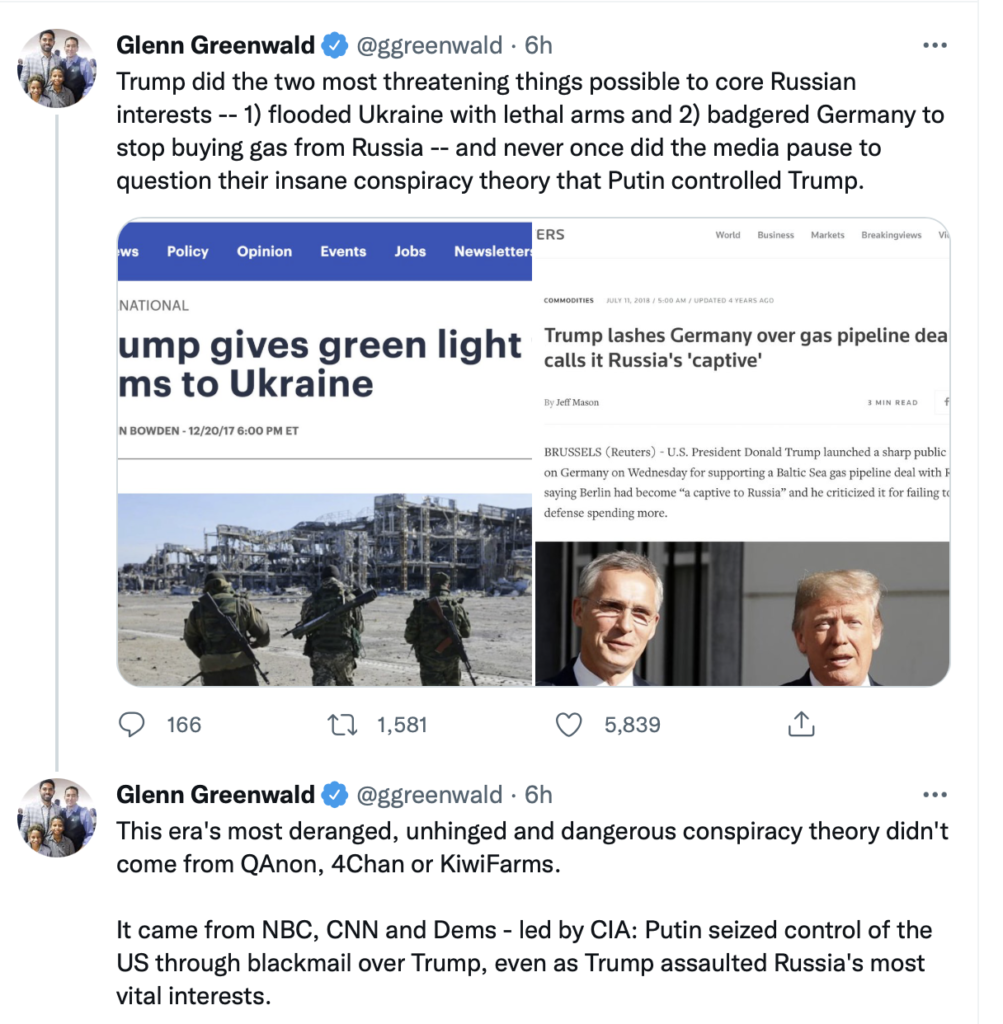Today's Netchoice opinion out of the 5th Circuit stuns Big Tech, which claimed that it had a First Amendment right to muzzle viewpoints of users. No you don't, said the Court. An excerpt:
A Texas statute named House Bill 20 generally prohibits large social
media platforms from censoring speech based on the viewpoint of its speaker. The platforms urge us to hold that the statute is facially unconstitutional and hence cannot be applied to anyone at any time and under any circumstances.
In urging such sweeping relief, the platforms offer a rather odd
inversion of the First Amendment. That Amendment, of course, protects every person’s right to “the freedom of speech.” But the platforms argue that buried somewhere in the person’s enumerated right to free speech lies a corporation’s unenumerated right to muzzle speech.
The implications of the platforms’ argument are staggering. On the
platforms’ view, email providers, mobile phone companies, and banks could cancel the accounts of anyone who sends an email, makes a phone call, or spends money in support of a disfavored political party, candidate, or business. What’s worse, the platforms argue that a business can acquire a dominant market position by holding itself out as open to everyone—as Twitter did in championing itself as “the free speech wing of the free speech
party.” Blue Br. at 6 & n.4. Then, having cemented itself as the monopolist of “the modern public square,” Packingham v. North Carolina, 137 S. Ct. 1730, 1737 (2017), Twitter unapologetically argues that it could turn around and ban all pro-LGBT speech for no other reason than its employees want to pick on members of that community, Oral Arg. at 22:39–22:52.
Today we reject the idea that corporations have a freewheeling First
Amendment right to censor what people say. Because the district court held otherwise, we reverse its injunction and remand for further proceedings.
In the meantime, during Congressional testimony, Facebook admits that it has been coordinating with the Whitehouse & CDC to censor FB users' constitutionally protected speech.

